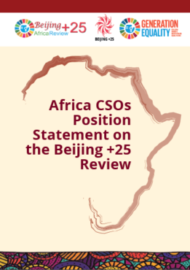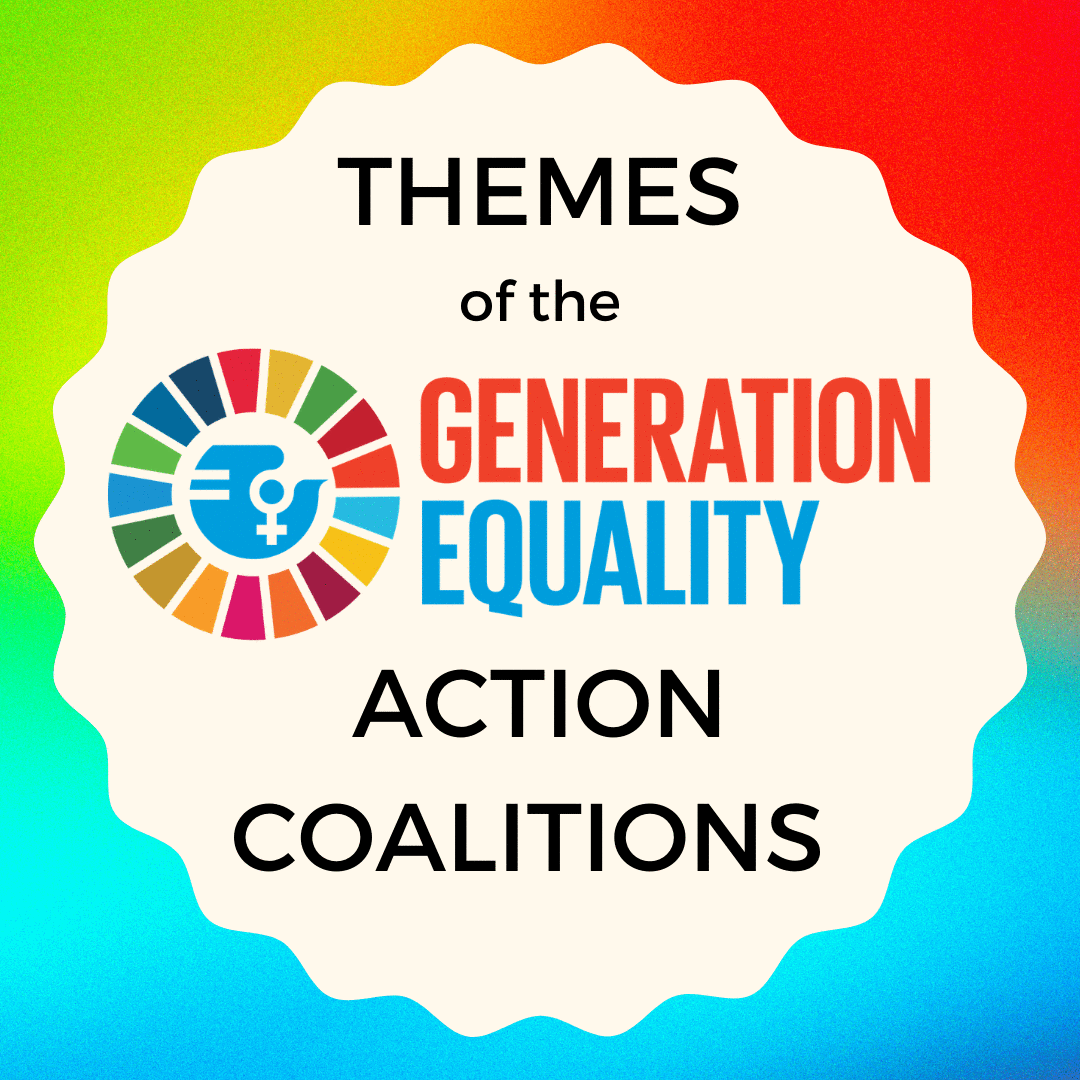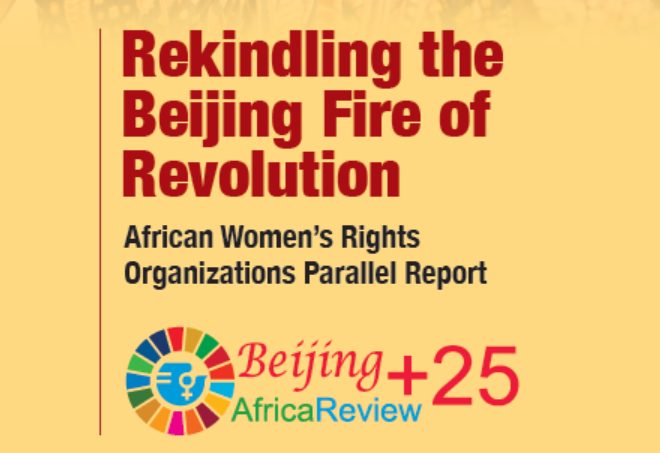
Africa CSOs Position Statement on the Beijing +25 Review
We, 212 representatives of women’s rights and civil society organizations in all our diversities, drawn from across the 5 sub-regions of Africa and the diaspora, gathered in Addis Ababa, Ethiopia from 28th–30th October 2019 to review the progress of implementing the Beijing Declaration and Platform for Action (BPfA).
Recognizing, that 25 years after the adoption of the Beijing Declaration and Platform for Action (BPfA), some progress has been recorded towards realizing women’s rights in Africa. Notably, legal reforms to legislate and institutionalize women’s rights in different aspects, for example the African Charter on Human and Peoples’ Rights on the Rights of Women in Africa (Maputo Protocol) adopted in 2003 and now ratified by 42 countries. In addition, gender equality protection and the prohibition of discrimination on the basis of sex is now entrenched in most national constitutions of AU Member States. There is also an increase in the enactment of laws targeted towards protecting women and girls such as labour laws and domestic violence acts, though enforcement of these laws remains a big challenge.
Concerned, that the legislative reforms in Africa has not altered relations of power between women and men. In most countries the status of women and girls remains largely unequal, with men and boys at all levels of society (both the private and public spaces) continue to enjoy patriarchal privileges while women continue to carry the burden of servicing an unequal society.
Sadly, manifestation of multiple and intersecting forms of discrimination against women and girls in all their diversities has still persisted. Despite a number of women’s rights commitments signed by African governments, normalized negative social norms, cultural and religious practices supersede national laws, overtly or covertly.
Noting, the 25 years review of the Beijing Declaration and Platform for Action (BPfA) is being conducted against the backdrop of an eroding pan-Africanism ideology; Africa’s high dependency on foreign aid to finance development projects; increasing illicit financial flows; extractivism; unprecedented poor land governance, rapid unplanned urbanization, propagation of xenophobia, misogyny and extremism under the guise of nationalism and protectionism; migration crisis; militarization; totalitarianism and centralization of political and economical powers in the ruling class; shrinking civic space, freedom of expression and association; weakening trade union; financialization of social services; armed and unarmed conflicts; increased levels and forms of violence against women, girls, children and minority groups, including technology-related violence and femicides; recurrent disasters and extreme weather and climate crisis.
Taken aback, with the realization that the review process of the Beijing+25 has in significant ways isolated women’s rights organizations at national and regional level. Although, women’s rights organizations were ‘invited’ they were not an integral part of the review from planning to reporting, resulting in fewer countries developing alternative (shadow) national CSOs reports.
Click here to Download/Read the African CSOs Position Statement on Beijing+25
Related Posts
FEMNET Selected to Join Global Leaders of the Generation Equality Action Coalitions to Accelerate Gender Equality
We are really excited to be joining these Global Leaders of the #GenerationEquality Action Coalitions to accelerate gender equality
Learn MoreRekindling the Beijing Fire of Revolution: Africa Beijing+25 Parallel Report
The Beijing+25 Africa Regional Civil Society Organisations (CSOs) parallel report provides an independent analysis of the last five years review and appraisal
Learn More







